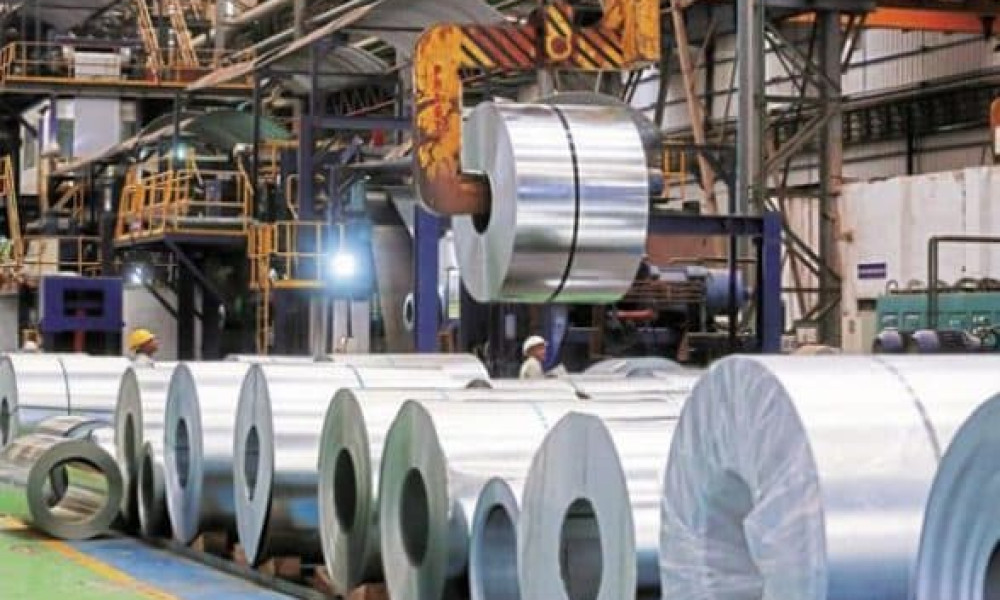In a significant move to streamline steel imports, India’s Ministry of Steel has exempted 202 foreign manufacturers from mandatory Bureau of Indian Standards (BIS) compliance on the Steel Import Monitoring System (SIMS) portal. The decision, announced on August 12, is designed to simplify procedures and ensure smoother trade flows for key steel-producing nations.
According to an official ministry statement, the exemption applies to manufacturers from 16 countries, including major players like Japan, South Korea, Germany, Italy, France, Russia, and the US. Japan tops the list with over 80 licences, followed closely by South Korea with more than 50. This relaxation targets Integrated Steel Plants (ISPs) and foreign suppliers, reducing bureaucratic hurdles for raw material imports.
The order, dated August 8, specifically references para II of order no. S-20011/15/2024-TECH from July 11, 2025. It temporarily waives compliance requirements for 72 foreign steel plants holding these 202 BIS licences. The ministry clarified that the change is part of broader efforts to improve ease of doing business in the sector.
For the steel industry, this exemption is a welcome relief. BIS licensing typically ensures quality and safety for materials used in domestic production, but the temporary waiver allows manufacturers to bypass certain procedural steps. This means faster processing times and fewer delays in supply chains.
The move is particularly beneficial for foreign manufacturers supplying steel to Indian ISPs. By lifting some of the compliance burdens, the government hopes to maintain a steady flow of imports without compromising on production efficiency. Industry experts see this as a strategic step to support domestic manufacturing while fostering international trade relationships.
While the exemption is limited to the listed licences, it reflects the ministry’s proactive approach to addressing industry challenges. The Steel Import Monitoring System (SIMS) was introduced to track and regulate steel imports, but adjustments like this show flexibility in balancing regulation with practicality.
As global steel demand fluctuates, such policy tweaks can make a real difference. The temporary nature of the exemption suggests it may be revisited, but for now, it offers a smoother path for foreign suppliers and Indian manufacturers alike.
The Ministry of Steel has emphasised that this decision aligns with its commitment to improving trade dynamics. With Japan and South Korea leading the exemption list, the move also strengthens India’s ties with key Asian steel exporters.

